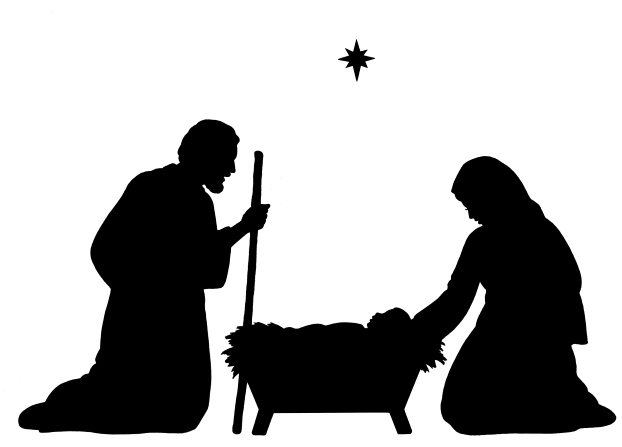Christ made it clear that His first and foremost messianic duty would be to bless the poor, including the poor in spirit. We are reminded that Jesus himself was born into the home of a poor family and grew up among many more of them. "Down through history, poverty has been one of humankind's greatest and most widespread challengesl. Its obvious toll is usually physical, but the piritual and emotional damage it can bring may be even mopre debilitating. In any case, the great Redeemer has issued no more persistent call than for us to join Him in lifting this burden from the people."
Luke 4:18 teaches us, "The Spirit of the Lord is upon me, because he hath anointed me to preach the gospel to the poor; he hath sent me to heal the brokenhearted, to preach deliverance to the captives, and recovering of sight to the blind, to set at liberty them that are bruised." By investigating the footnotes to this scripture we learn that not only does Christ save those who are alive, but those who are dead and in spiritual bondage.
We are all trying to become like our Savior. Elder Holland asks us, "What can one man or woman do?" He gives the example of Mary who anointed Jesus's head with expensive burial ointment before his Crucifixion. Judas Iscariot protested against and murmured against her. Jesus said, "Why trouble ye her? she hath wrought a good work...She hath done what she could." Mother Teresa once said, "What we do is nothing but a drop in the ocean, but if we didn't do it, the ocean would be one drop less than it is." Christianity is obviously not a statistical endeavor. Christ was always concerned about the individual.
So how might we "do what we can"? asks Elder Holland. He suggests that we learn from King Benjamin in the Book of Mormon. He taught us to cease withholding our means because we see the poor as having brough their misery upon themselves. "Perhaps some have created their own difficulties, but don't the rest of us do exactly the same thing? Isn't that why this compassionate ruler asks, "Are we not all beggars?" Don't we all cry out for help and hope and answers to prayers? Don't we all beg for forgiveness for mistakes we have made and troubles we have caused? Don't we all implore that grace will compensate for our weaknesses, that mercy will triumph over justice at least in our case?"
Let us not forget that oftentimes there are two conditions that go hand in hand: "poor as to things of the world; and also...poor in heart." It is wise to be aware of spiritual, mental and social needs when helping those with temporal needs. Depression is a common challenge that can be easily overlooked. Elder Holland advises that we should pray for those in need, and also observe the law of the fast. There are miracles that will come, both spiritual and temporal, to those who live the law of the fast.
Elder Holland also reminds us that, "We are always expected to help ourselves before we seek help from others. Furthermore, I don't know exactly how each of you shoud fulfill your obligation to those who do not or cannot always help themselves. But I know that God knows, and He will help you in compassionate acts of discipleship if you are conscientiously wanting and praying and looking for ways to keep a commandment He has given us again and again."
